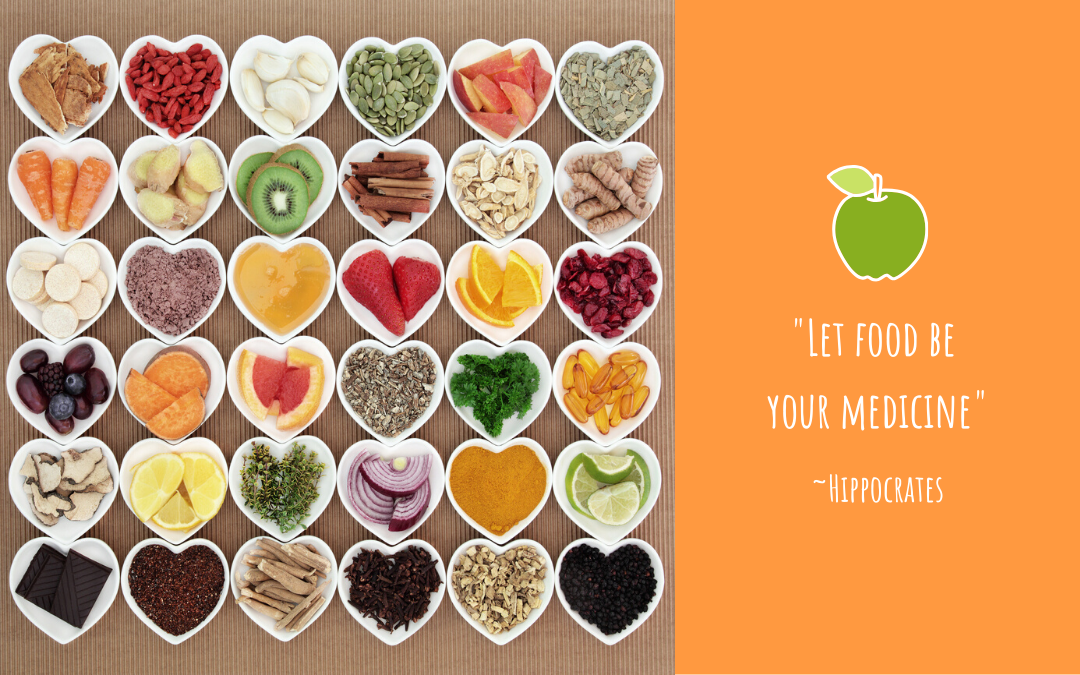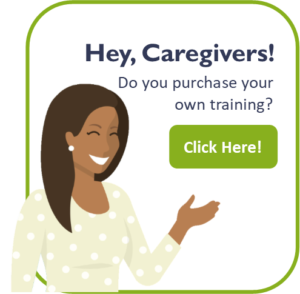As we dig further into winter, much of the country is covered in snow or ice and fighting frigid temperatures. Another hallmark of this season is the steady rise in cold and influenza cases. This flu season is no exception- hitting all Americans, but especially elders, harder than ever.
As caregivers, we can take steps to protect our elderly clients – covering coughs, washing hands and getting our own flu vaccine. But we often overlook one thing – an elder’s own immune system. It is true that the immune system in older adults is slower to recognize and rid the body of germs. But a slower immune system can still do its part in protecting against the flu and other viruses. Here are a few simple tips for immune support for your clients – and yourself.
Well-balanced Nutrition
It can be a challenge to get elders to eat, or eat well. Many older adults consume a very limited variety in their diets – leading to a lack of key nutrients. Lean protein from meat, chicken, and fish, beans, soy, and nuts are important for immune support and for maintaining strength and mobility. Carbohydrates, fiber and B vitamins from whole grains help to supply energy for daily activities. Limiting saturated fat and added sugar is also important for overall health. Balance is best – look to MyPlate for Older Adults for more recommendations.
Immune Boosting Foods
Including fruits and vegetables rich in Vitamins C and E, beta carotene (think orange produce) and other phytonutrients are also essential to nutritional health. Try to incorporate berries, citrus-like oranges, mandarins or grapefruit, dark green and red vegetables, and leafy greens into meals. If fresh produce isn’t in the budget, frozen and canned are also good choices.
Incorporate berries, citrus, dark green, red and orange vegetables and leafy greens for great sources of Vitamins C & E and beta carotene.
Staying Hydrated
We often overlook the importance of hydration in elders. Along with aiding in digestion and waste removal, drinking fluids help to keep the mucous membranes in the nose moist-keeping germs at bay. The sense of thirst is often lost with age, so it’s important that you remind your clients to sip often. Having water or other beverages in reach and serving foods high in moisture, like soups, smoothies, fruits, and vegetables, can help.
Healthy Lifestyle
In addition to healthy meals and snacks, encourage your client to get enough sleep and regular exercise to support their immune system. Emotional health also affects the body’s ability to fight infection. Can you help them reduce stress or loneliness with a heartfelt conversation? Encouraging a positive outlook on life will go a long way in their overall well-being.
Hey, Caregiver!
Need CEUs to keep your CNA or HHA certification current? Get started with an all-access pass to our top 50 courses (+ 2 bonus courses from Chef Beth’s Caregivers Kitchen Series) for one year.
And for a limited time, get a $10 OFF your first year’s subscription!
USE COUPON CODE: HEYCAREGIVER10



